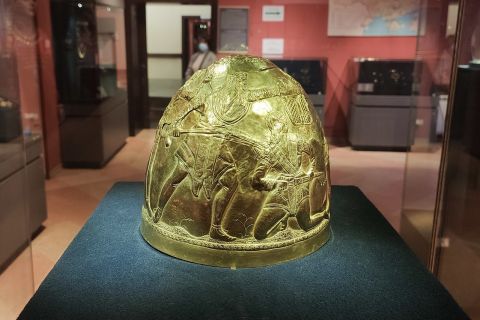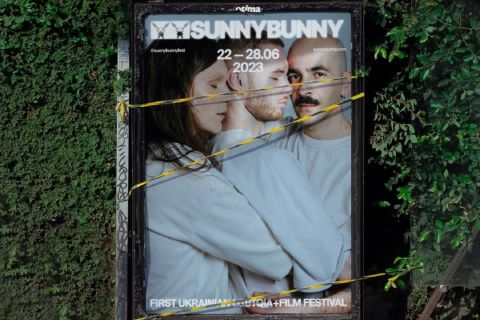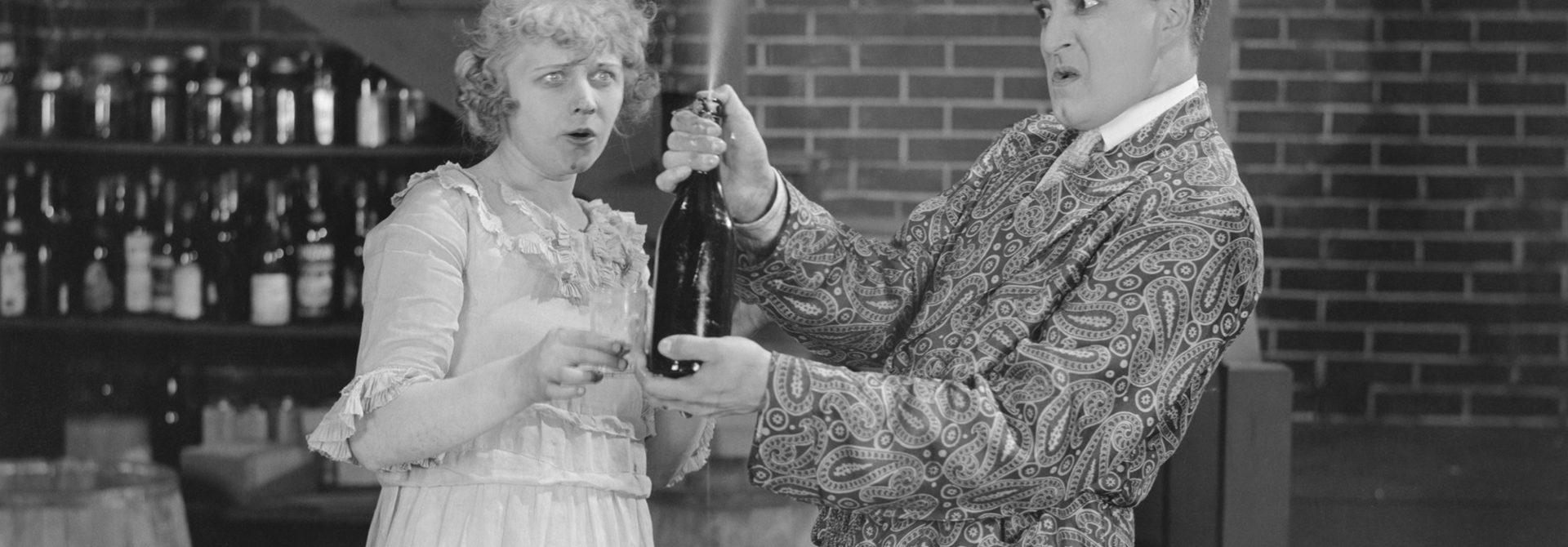
One Hundred Years Before Tinder: How People Met Each Other Through Marriage Advertisements in the Early 20th Century
Marriage Newspaper (Brachnaya Gazeta) was the most popular of such editions. It was published between 1906 and 1917 in huge numbers. To care for the privacy of their clients, the editorial office was very discreet: they sent the newspapers in envelopes and kept the names and addresses of subscribers private. Potential brides and their suitors communicated either through the editorial office or through poste restante letters. Exchanging photos was encouraged, but they had to be returned: photography was expensive, and one couldn’t have enough copies for all the candidates.
Who were the people who posted marriage advertisements and who were they looking for? Leafing through the pages of the Marriage Newspaper, one can discover several popular types.
Gold Diggers
The first thing that strikes you if you read one hundred year old marriage advertisements is the number of men who are not shy to admit that they want to marry for the money. Such directness is surprising now — in a post-Soviet society, there are few things as humiliating as to be considered a gigolo, and if mercantile motives are present, they are certainly not spoken of openly. A hundred years ago, the idea was different: a ‘successful’ marriage didn’t make a man smaller in the eyes of the others (and on the contrary), and broke aristocrats were happy to exchange their title for the money of a less noble lady.
“I have nothing, but a kind soul, decency, and an earldom. Young, 30, secondary education, hard-working, want to marry a wealthy lady and appreciate her for her support. Won’t respond to anonymous replies.”
“Young, very handsome, intelligent Georgian, teacher, tall, healthy, strong, musician (specializing in violin) wants to marry a rich lady who would give him an opportunity to finish musical education. Age doesn’t matter.”
“Count, 33, wants to make a rich bride a countess through marriage. After that agrees to grant a residency permit.”
“If I were rich, I would marry only a poor girl; but I am poor, intelligent with a degree, agronomist, Polish, 35, offer myself for a husband only to a rich girl (no less than 100,000 roubles capital). If you agree, you’ll never regret the choice; I don’t answer to anonymous replies.”
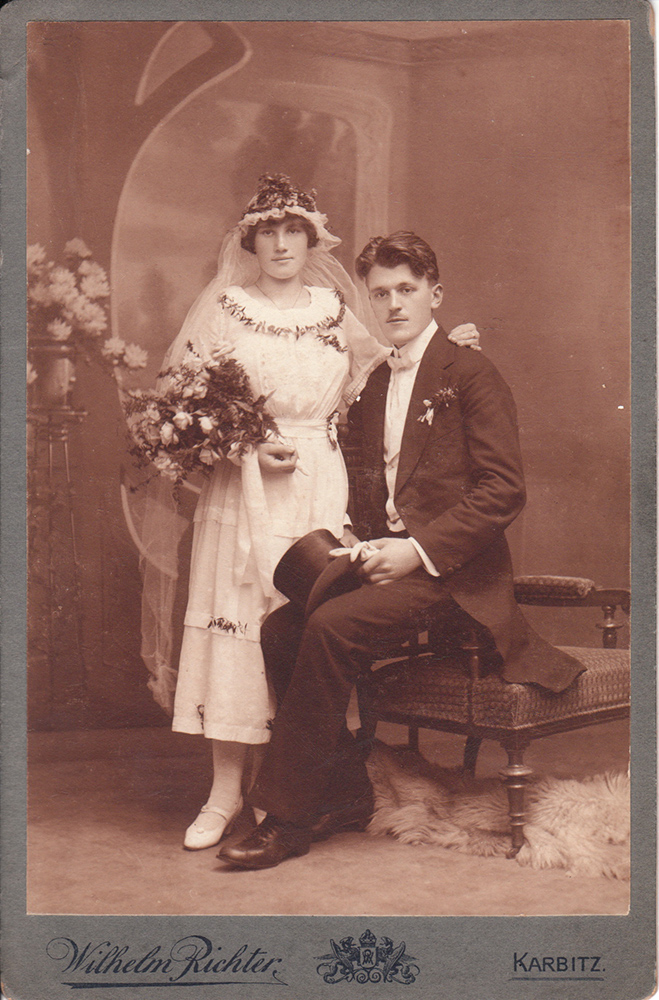
The brides kept up: in some of the advertisements, the wish to become a young rich widow was almost worded.
“A young lady who just graduated from secondary school wishes to marry a bachelor or a childless widower with capital. Won’t be picky about age.”
“Beautiful, with mermaid eyes, all woven from nerves and originality, is calling an intelligent and very rich mister who is capable of a strong bright feeling to a feast of life; goal — marriage.”
“Educated young lady, 20, is looking for a millionaire husband, has to be senior, to prevent adultery.”
“A beauty, 24, intelligent, brunette, very glamorous, famous in Moscow and Paris for beauty and fashion, is looking to meet someone, goal — marriage to a senior millionaire.”
Lonely Romantics
Not everybody was thinking only of the money though: the pages of marriage newspapers are full of tear jerking texts (sometimes rhymed) from dreamy creatures of both sexes.
“My young life is passing in vain. The end is near. My girly dreams betrayed me. I was longing for a family hearth, but all went up with smoke. And I am all alone, a stranger to everybody. Am looking for a husband-friend.”
“For the aristocrat, the real aristocrat of spirit. A soul full of chords of poetry, a soul, full of will, hungry for active life, originality, creativity. Will I find in the beautiful, charming smile, in the quiet shining of her eyes the justification, the clue for painful existence?”
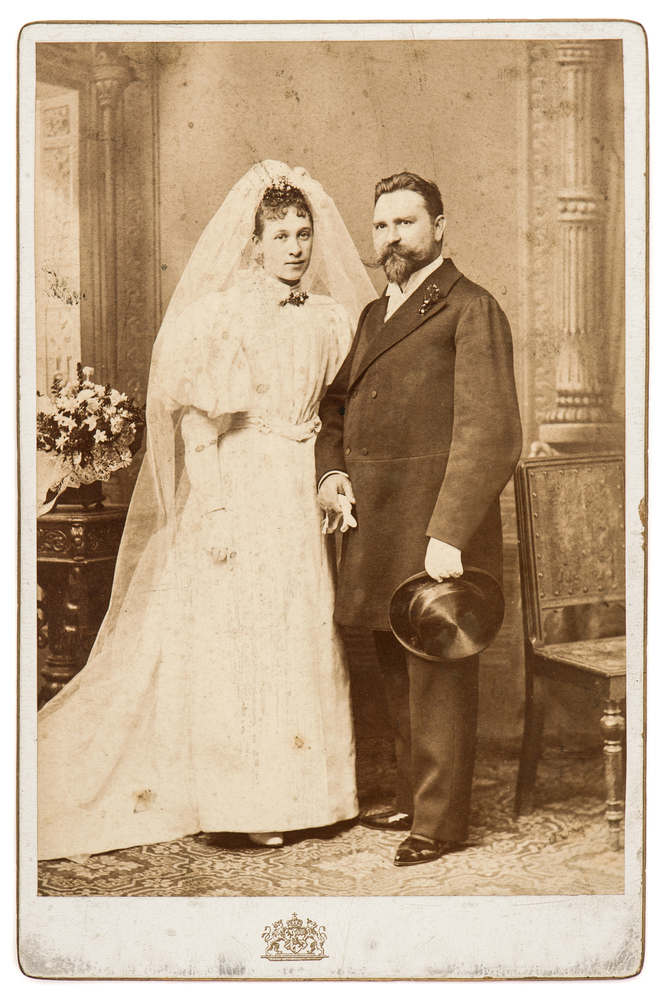
“The mailing address for those who wish to come together as one with our human bodies into the growth of boundless eternity: Kiev, 5 Aleksandrovskaya Str., to a new Russian artist.”
“A mad poet, a mystical anarchist walking over abysses, is calling far away to the one who will take his hand and walk the road of life together to experience everything. The offer is serious.”
People of Business
This type is entirely opposite to the previous one. Every line of a dry brief text is called to show: I am a busy person, I have no time for shenanigans, you have the goods — we have a buyer.
“A respectable officer, a colonel on active duty wishes to have the honor of becoming a husband of a cheerful, interesting, and intelligent lady. I am an aesthete, so if you are not beautiful, please pay no attention to my confession.”
“A widower, 42, wants to marry a young woman ‘without a past’, educated, with knowledge of music and a fine voice. A mother-in-law is undesirable.”
“37, from society (not a Muscovite), with refined taste wishes to meet a graceful lady, really from society (not intelligentsia or in public service), eccentric, who shares his tastes. I accept only impressions from the first meeting, please relieve me of exchanging letters.”
Some advertisements look more like commercial proposals:
“Immediately, brown-haired, in public service, salary of 1700 roubles a year, wants to marry a lady who has a capital of 50 to 100 and more thous. roubles. The capital is required to purchase a profitable estate that will be bought in the wife’s name. Nationality, age, appearance, past do not matter.”
“A wife, a companion with a capital of 5,000 is sought by a respectable man of 35 who is opening a diner. The business is extremely promising.”
“Film director, 26, serious, looking for a wife-friend who loves art with a capital of no less than 40,000 roubles for his own production of cinematograph films. Title and beauty do not matter.”
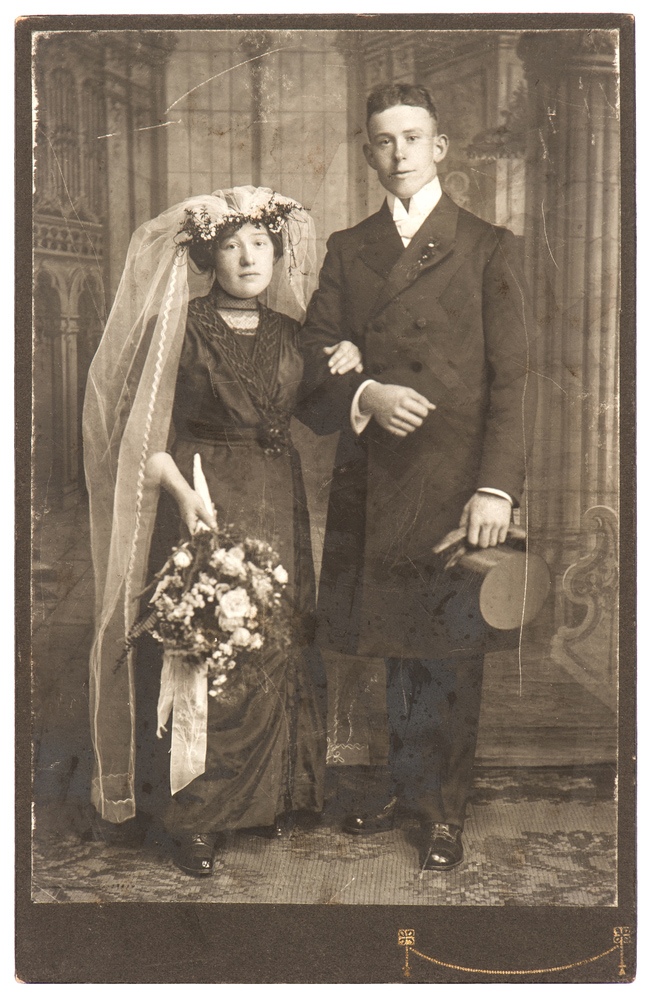
One merchant from Yekaterinoslav governorate even attached the “Balance sheet of movable and immovable property for January 1, 1907” to his advertisement. It enumerated everything the suitor owns, its price and status: “1. An estate in Poltava governorate — 175,000. Pawned to Poltava zemstvo bank — 24,000. 2. An estate in Kursk governorate — 20,000. Pawned to Kharkov zemstvo back — 5,400. 3. Revenue house on Sobornaya Street — 25,000 roubles. Not pawned…” At the end of the detailed list — a note “True to the original.”
Such advertisements were written mostly by men, but there were some women of business, too:
“A very interesting lady (blond with dark eyes) with capital; wants to get married. Only to a man who has at least one feature, but a well-endowed one.”
Jokers
Those who couldn’t boast movable or immovable property used their sense of irony. It was practiced both by brides and grooms.
“I am poor and ugly. Am looking for the exact opposite. Woman, respond.”
“I love the opposites! I am not very good-looking, but I would want a handsome husband; I am not too young, but I would choose a husband who is not old; I have literally nothing, but I would be looking for a husband who is very, very rich, and because I am a noblewoman myself, I would prefer him to be from merchants.”
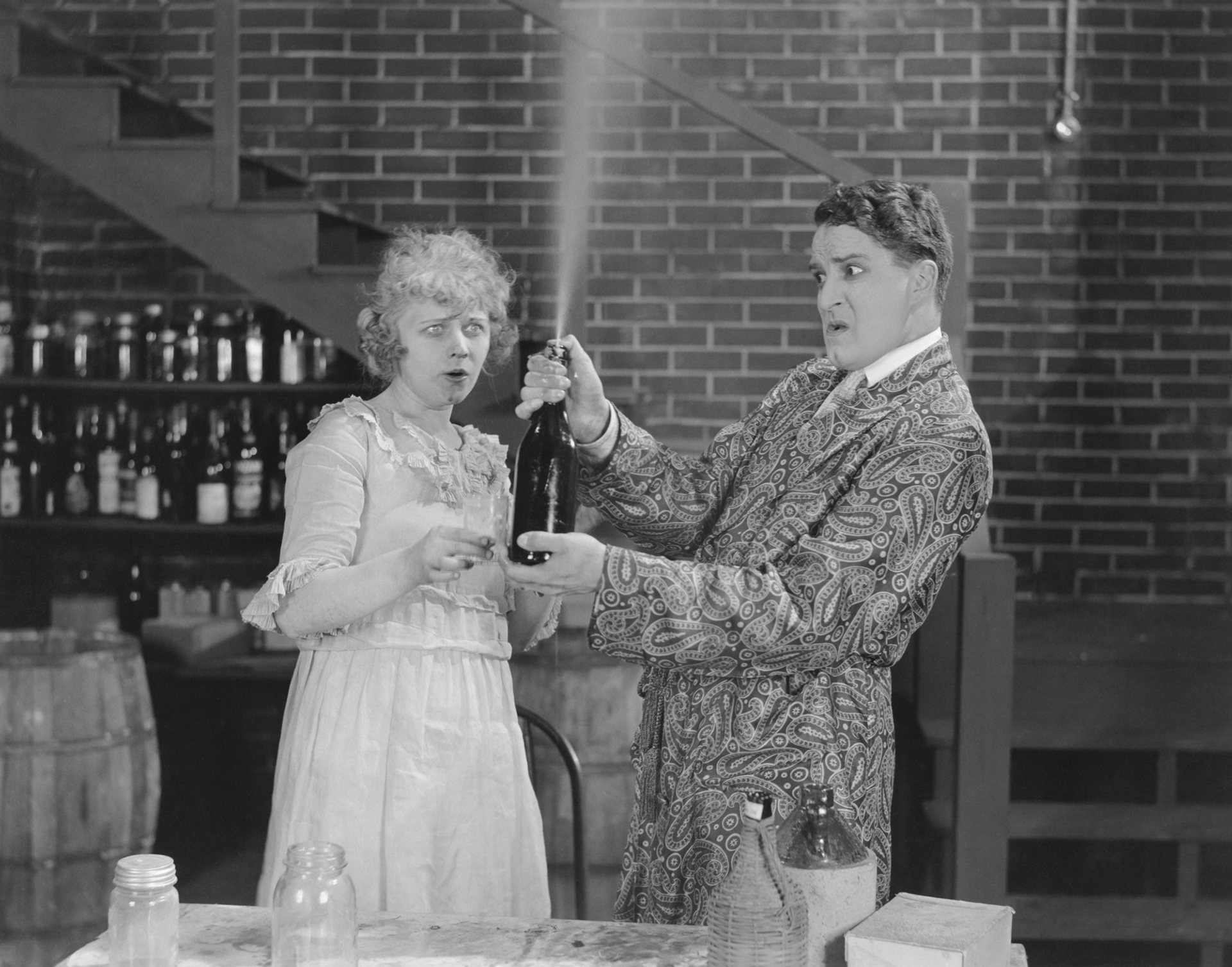
“I can’t manage my immovable property! The one who risks untangling the gordian knot will have a pretty wife-friend as a prize, middle-aged, intelligent.”
“3 bachelors: an engineer — 43, a lieutenant colonel — 42, and a doctor — 32, are lonely living together. Despite the mutual friendship, we are fed up with each other. We want to move out and each have a home of our own.”
Fans of Open Relationships
By the early 20th century, societal norms became more relaxed, but not to the extent to make it possible to look for sexual partners ‘no strings attached’ on newspaper pages. Of course, such advertisements also existed, but they were disguised as marriage ads. The first to need such conspiration were the newspapers: otherwise, they could have been blamed for flaunting social mores and it could have ended in closure or persecution.
“I am thirty years old, brown hair, middle height, have 20,000 of annual income, would like to meet a pretty woman. Visit theaters, ride to the suburbs on the best frosty night, and then get warm with a glass of wine. After serious study of each other I am not against getting married and offering my darling all the joys of life.”
“A young lady without a past, who hasn’t loved yet, very interesting, wonderfully shaped, cheerful, looking for happiness in a glamorous spirited life, longing for traveling with a loved one, is invited, for the purpose of marriage, by a young (32), single, very interesting-looking, intelligent, well-to-do man. I have in mind a trip to Crimea, abroad, to the Caucasus and along the Volga river. The length of the trip — about three months. The letter should have a photograph enclosed, to visualize my future life partner. I guarantee the privacy of correspondence and the return of the photograph with my honest word as a gentleman.”
“A Southerner, brunette, beautiful, interesting young lady, 16, without a past, from a good family, wants to meet a millionaire or a very wealthy man. With possibility and wish — marriage.”
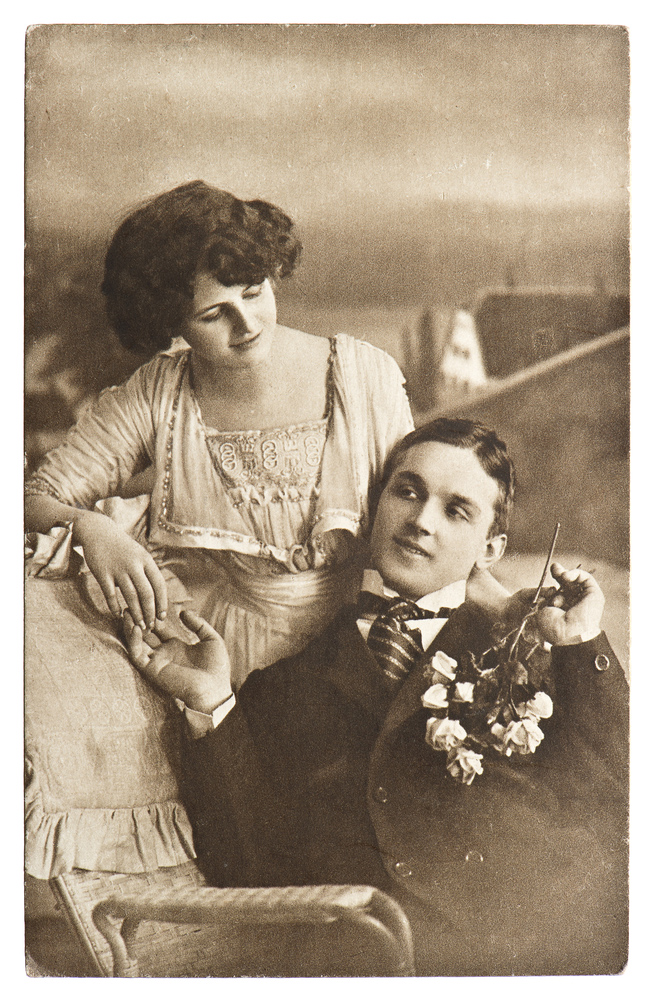
Later, there was a pause in the history of marriage advertisements in the former Russian empire and the USSR for over half a century — until 1976 when Literature Newspaper (Literaturnaya Gazeta) published two ‘advertising announcements of personal nature.’ The first: “A single man, 48/166, majored in humanities, likes to spend time at home, would like to meet a blond under 35, a lover of theater and symphonic music. Moscow.” The second: “Divorced. 32/162, with a child of 6 years, building technician, wants to meet a man — lover of sports, cheerful, not a drinker. Voronezh.” It is interesting to note that the man who likes to spend time at home got 16 thousand letters from candidates, but a single mom got only 875. There were another 40 thousand letters to the editorial office (both with praise and with disapproval), and the tradition to publish marriage advertisements slowly started to be reborn.





